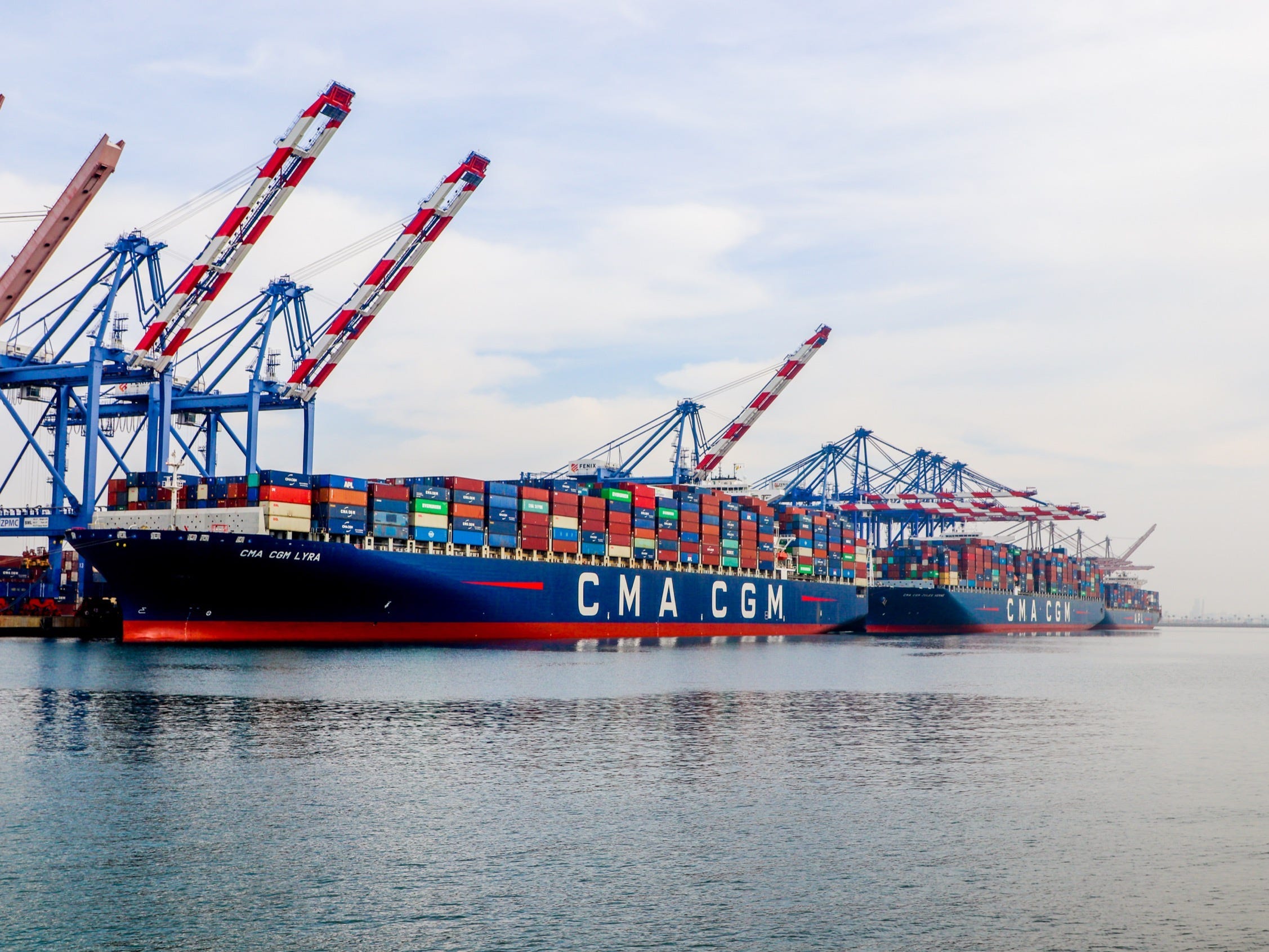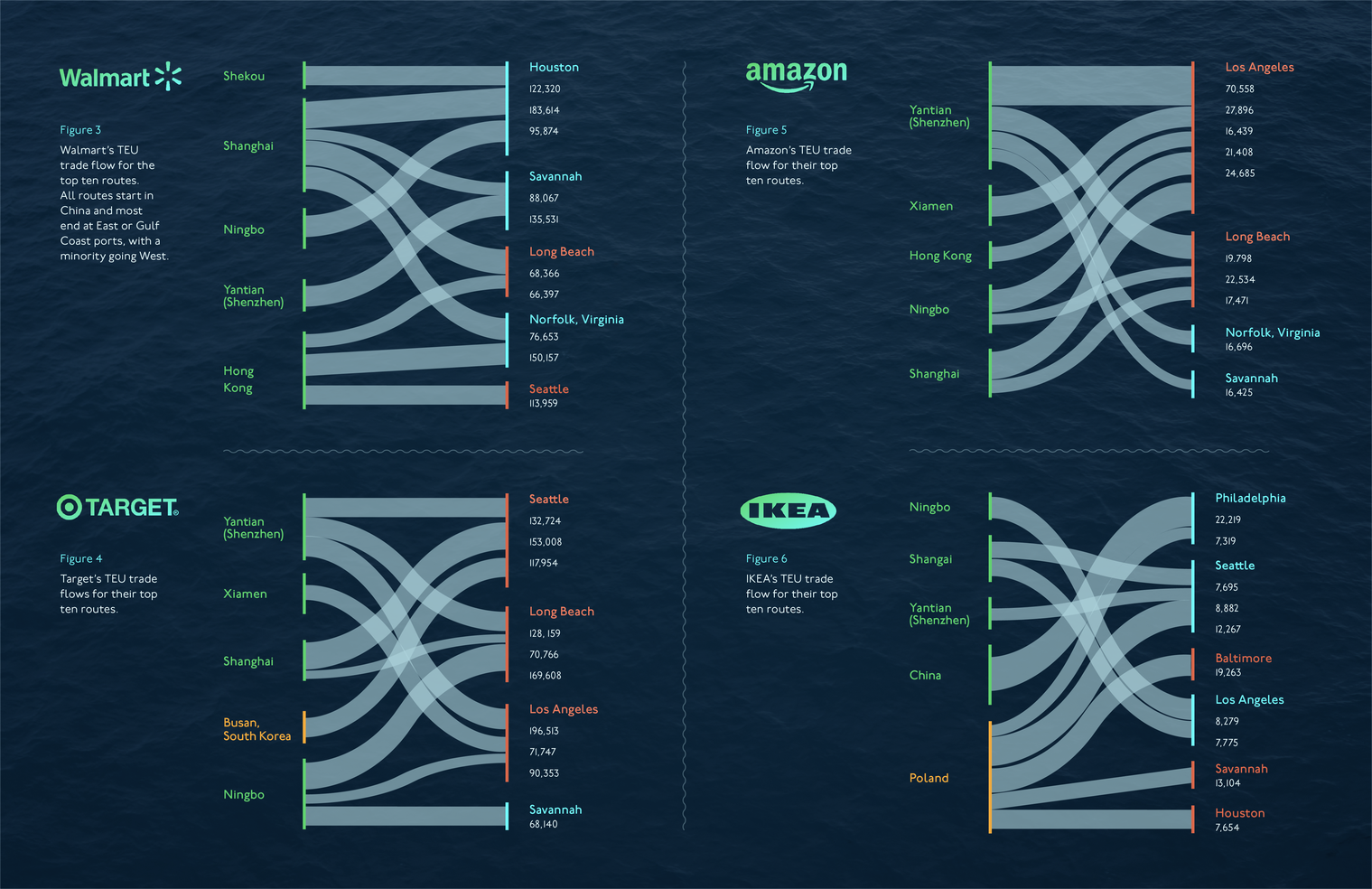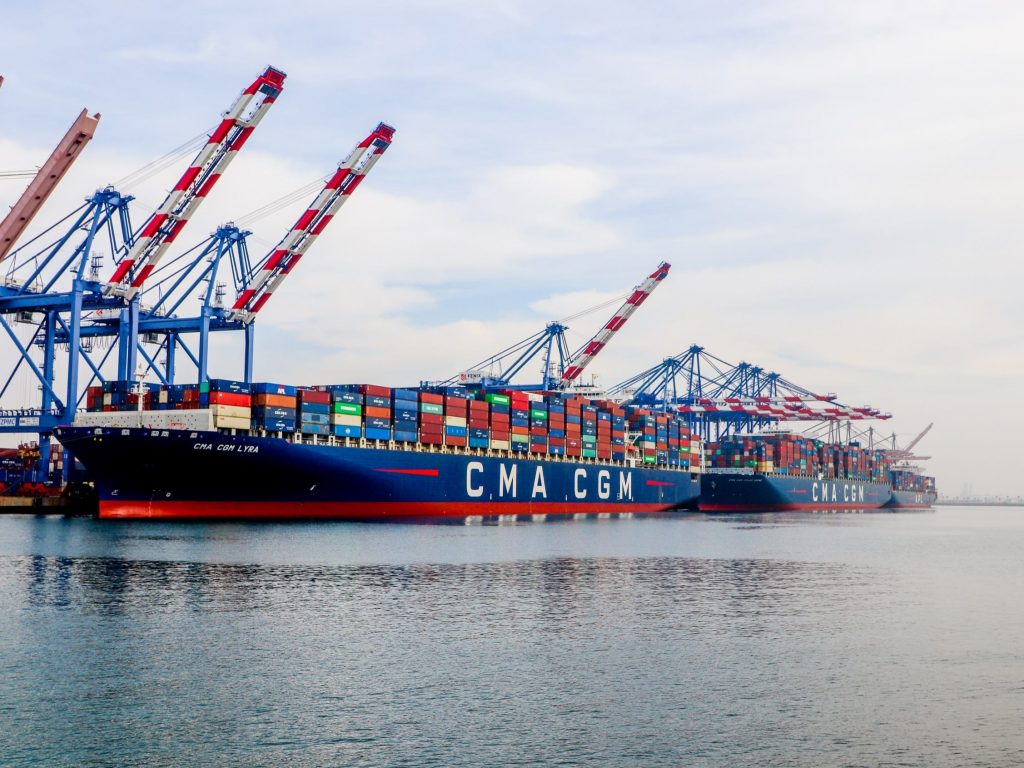
- Amazon and Target play an 'outsized role' in California port congestion and pollution, a new study says.
- 95% of Target's US imports come into West Coast ports, the Ship It Zero coalition found.
- The container ship backlog has contributed to high levels of pollutants, research shows.
Amazon and Target have played an "outsized role" in the congestion at California's Los Angeles and Long Beach ports, according to research released by the Ship It Zero coalition on Monday.
The report breaks down the shipping routes and carriers used by Amazon, Target, Ikea, and Walmart in order to estimate the greenhouse gas emissions released by cargo ships. Ship It Zero is a coalition of environmental and public health advocates, scientists, and shipping experts campaigning companies to "achieve zero-emissions shipping by 2030."
Compared to Ikea and Walmart, Amazon and Target favor West Coast ports over East Coast ports, with 95% of Target's US imports coming into Seattle, Long Beach, and Los Angeles, according to the study. Amazon's top shipping route goes from Shenzhen, China to Los Angeles, per the report.
Ikea has increasingly favored rail transport within its shipping routes while Walmart imports mainly flow through East Coast and Gulf ports, according to Ship It Zero.
Target and Walmart did not immediately respond to Insider's request for comment.

US imports from the four companies accounted for an estimated 20 million metric tons of carbon dioxide equivalent emissions, the study found, a number that equates to the annual emissions from five coal-fired power plants. The study listed Walmart, which is the top importer of goods in the US, as the number one overseas polluter.
Walmart's primary ocean carrier, CMA CGM, was the biggest polluter among all carriers in the report.
In 2019, Ikea announced an ambitious plan for the company to become "climate positive" — meaning it would reduce more pollution than it creates — by 2030.
"Emissions from ocean shipping is an important topic for us at Ikea and we agree that it needs more focus," an Ikea spokesperson told Insider via email. "We are a big transport buyer, and we have a big responsibility to influence the ocean transport industry in a positive way."
Last year, Walmart said it will eliminate its carbon footprint by 2040. This goal does not encompass Walmart's entire supply chain, and therefore does not calculate emissions released by overseas shipping. Target's sustainability goals do take its entire supply chain into account — the company also aims to be net-zero by 2040.
Amazon has pledged to be net-zero carbon across its business by 2040, including shipping emissions, a company spokesperson told Insider. The tech giant also helped launch the First Movers Coalition to scale-up emerging technologies that are essential to transitioning the world's economy to net-zero carbon.
